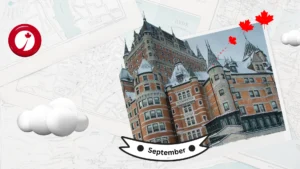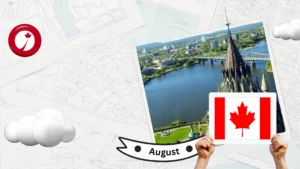It’s possible that in your submission letter you professed your willingness to return to your home country. However, the reality is that most international students are seeking permanent residency and while studying in Canada may lead to permanent residence it is not guaranteed. So, how do you become a permanent resident? It all depends on the province you study in, the type of program, and the duration of your education.
Most students obtain their permanent residency through Express entry the Canadian experience class program. After their studies, depending on the length of their study program, students apply for a post-graduation work permit (PGWP) which can be 8 months to 3 years. Your PGWP will be of the same length as your study program and it is only obtainable once in your lifetime.
With a PGWP students must work in a job NOC 0, A or B for a minimum of a year to qualify for the Canadian Experience class program. Their profile will remain active in the express entry pool for a year and they must receive an ITA during that time in order to apply for permanent residency. This program applies to all provinces except Quebec.
However, did you know that in some provinces you can obtain permanent residency much faster?
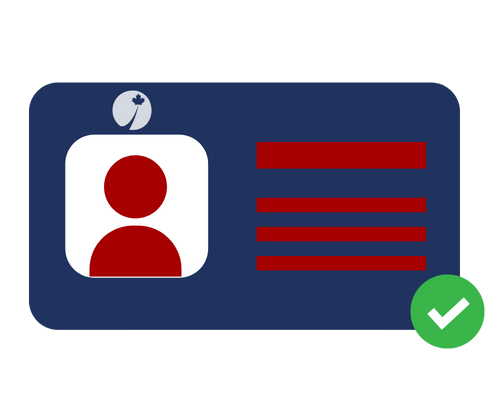
The Atlantic Immigration program allows skilled foreign workers and international graduates from a Canadian institution who want to work and live in 1 of Canada’s 4 Atlantic provinces—New Brunswick, Nova Scotia, Prince Edward Island or Newfoundland and Labrador obtain permanent residency. This program does not require students to have qualifying work experience after completing their studies as long as they: obtained a degree, diploma, certificate, or trade or apprenticeship certification that took at least 2 years of studies and is from a recognized post-secondary institution in 1 of the 4 Atlantic provinces (New Brunswick, Nova Scotia, Prince Edward Island, or Newfoundland and Labrador).
¡This means that unlike the federal Canadian Experience class program you may be eligible for permanent residency upon completing your studies!
Now let’s discuss Provincial nominations. While it’s impossible to list all of them, we have listed the programs most beneficial to international students and something you should consider when choosing your province!
Provincial Nominations
Provincial Nominee Programs (PNPs) allow Canadian provinces and territories to nominate individuals wishing to immigrate to Canada who are interested in settling in a particular province. The only exceptions are the Canadian Northern Territory of Nunavut and Quebec. Instead, the province of Quebec has the authority to set its own selection criteria for economic immigration. The primary purpose of the PNPs is to spread the benefits of immigration throughout Canada.
British Columbia
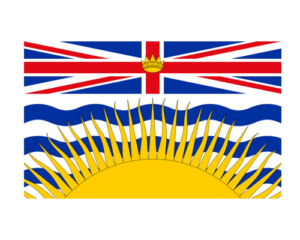
International Post-Graduate students with a degree in science or engineering from an eligible B.C. institution can gain permanent residence in B.C. without needing a job offer to apply. To be eligible you must have graduated in the last three years with a master’s or doctorate degree in one of the eligible programs in the following natural, applied or health sciences disciplines:
- Agriculture, agriculture operations and related sciences
- Biological and biomedical sciences
- Computer and information sciences and support services
- Engineering
- Engineering technology and engineering-related fields
- Health professions and related programs
- Mathematics and statistics
- Natural resources conservation
- Physical sciences
Alberta
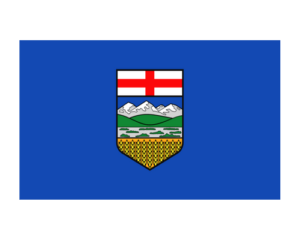
The Alberta opportunity stream allows students with a PGWP to apply for a nomination with six months of experience. To qualify you must have attended a publicly funded Alberta education institution, worked in a field related to your studies, and be working in the same occupation as the one used in the application. Please note, there are some ineligible occupations and other requirements must be met.
Manitoba
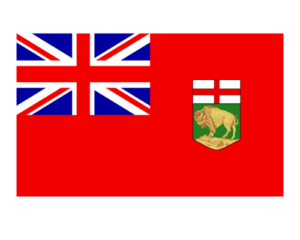
Through the Career Employment Pathway the province provides a faster nomination for post-secondary international students who graduate and find long-term employment in Manitoba in an in-demand occupation consistent with their training. Those that meet the program conditions, will be eligible to apply to the MPNP immediately after graduating and obtaining the job offer.
Saskatchewan
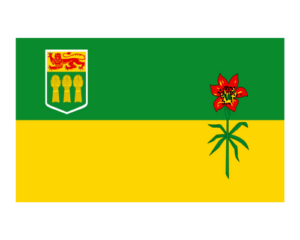
Students who graduate from a recognized post-secondary institution in Saskatchewan with a certificate, diploma, or degree and have worked a minimum of 6 months (or 780 hours) of paid employment in Saskatchewan. Applicants must hold a valid post-graduation work permit and have a permanent, full-time job offer in their field of study from an approved Saskatchewan employer. Applicants must also meet language requirements among other conditions.
If you are an international student in Canada and are interested in finding out how you can become a Permanent Resident please book your consultation down below.




